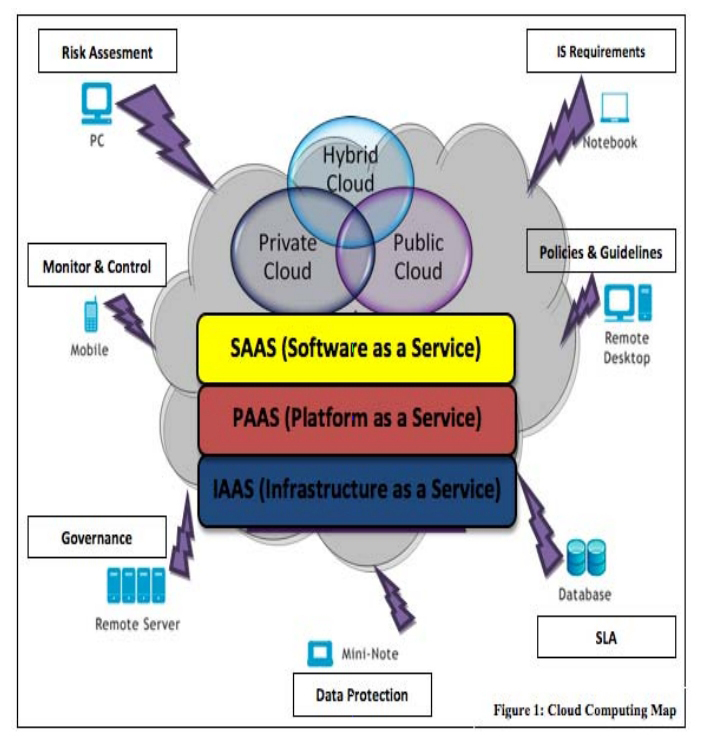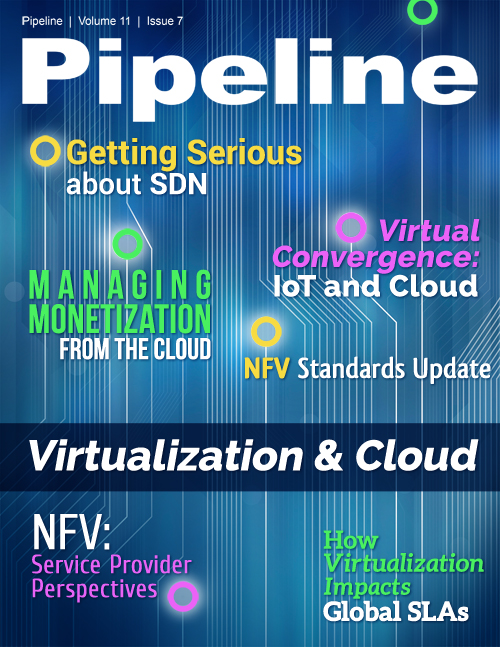The Impact of Virtualization on Global SLAs
By: Jesse Cryderman

The global market economy is nothing short of amazing. It has brought fresh produce to Canada in the middle of winter, Levi’s jeans to Russia, Jamaican coffee to Chicago, and distributed the best planes, trains, and automobiles to the furthest reaches of the globe. Communications service providers (CSPs) have greatly benefited from the global economy. They are the custodians of the modern digital lifestyle. CSPs shuttle communications between nations at light speed, store data around the globe, deliver content to myriad mobile and terrestrial devices, process transactions, enable financial markets, and support multinational enterprise.
Just as trade agreements become complex when multiple jurisdictions must be accommodated, so do service level agreements (SLAs), the rule books that govern how communication services are delivered, managed, consumed, supported, accounted for, and billed. This issue has become ever more complex as security concerns have grown in the wake of increase data infiltration by hackers, the distributed nature of cloud computing, the growing popularity of unified communication and collaboration services, and varying privacy laws that govern medical, financial, and governmental data. As new devices (e.g. M2M and IoT) and services come online, the challenge will only become greater.
However, with every challenge comes a market opportunity. Following the Edward Snowden scandal, in which the security of data was exposed, Deutsche Telekom launched a "Made in Germany" campaign to court multi-national enterprises. It was based on a simple premise: Germany has the strongest data protection laws, so use DT for your cloud, email and data storage services.
Pipeline covered the impact of the Target hack in November, which had the effect of bringing network security concerns from the IT office directly to the desk of the CEO. Likewise, the current hacking scandal at Sony will undoubtedly cause an uptick in security solutions.
But beyond security there are many other conditions that affect the global SLA such as Quality of Experience (QoE), transparency in billing, and transparency in traffic movement. This is essentially good old fashioned service assurance, and it's probably more important than ever. Here’s how some of the leaders in the industry are crafting Global SLAs to accommodate the virtualized network environment, and lessons that can be extrapolated from the success and failures.
Impact of Cloud
For all of its benefits, cloud technology brings many new factors to the table, as illustrated in Figure 1.

Figure 1: Cloud Computing Map. Source: Platform Computing



















